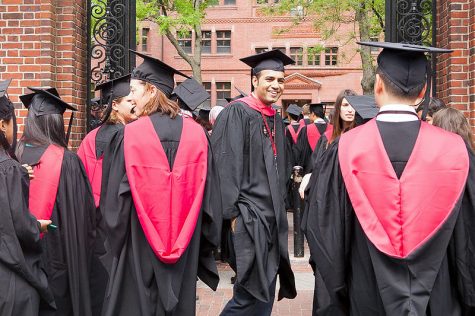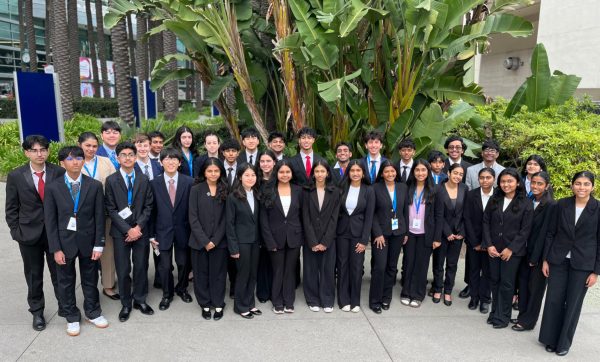The Challenge of College Competition
A sky-high GPA, phenomenal SAT and ACT scores, as well as heaps of extracurricular activities? Over the years, the amount of pressure for students to get into an elite college has increased drastically. Along with the amount of pressure, the level of competition for a spot in these highly-sought-after institutions has also increased – and many high school seniors have paid the price.
Recently, the expectations for students applying to high range universities, such as Stanford or Harvard, have become extremely difficult and unrealistic. According to many college admission websites, most Harvard applicants have near-perfect SAT and ACT scores, and an average GPA of 4.04. In addition, they tend to have athletic skills, leadership experience, creative talents, and/or alumni relationships. As a result, the acceptance rate is a microscopic 5.2 percent. Stanford has an even lower acceptance rate of 4.8 percent. It is shocking that so many people who apply to top-tier schools get rejected, often for reasons such as geographic location, ethnic background, or money issues.

Only about twenty years ago, colleges were much less selective than they are today. Chances are that most college alumni would not get into their alma mater if they applied today with the same SAT scores and GPA they had during high school. And due to the low acceptance rates, students often apply to ten to fifteen universities. It is considered very difficult to get into any specific school, because the number of strong applicants has multiplied. Back in the day, however, it was the norm to only apply to three or four schools. The increasing number of applicants helps mid-range colleges increase their ratio of applications to acceptances, which improves their standing on college ranking lists.
The competition is made worse by the fact that society pressures teenagers into thinking four-year college degrees are necessary. Unfortunately, the jobs college students land after graduation often do not pay enough to make their degree worthwhile, reports U.S. News. According to the Federal Reserve Bank of New York, 46 percent of recent graduates found positions that do not require a college degree. In addition, a graduate of a two-year college currently makes more than a four-year college graduate on average. Nonetheless, they are told that a four-year degree automatically opens doors to high-paying jobs.
Therefore, to give their children an edge in the application process, some wealthy parents spend insane amounts of money to buy their kids lessons to unique activities, trips to other countries where they can do volunteer work, and coveted internships at big companies. Some also hire test preparation coaches, consultants to help their children write strong application essays, or make generous contributions to the elite colleges to which their kids are applying. This is an advantage for well-to-do families, and a disadvantage for the financially lacking.
Senior Neha Sharma thinks that healthy competition is beneficial to some degree. Sharma explains, “I think the college application process is not flawed necessarily—but it is a lot of work and requires a significant time commitment.”
However, more and more people are starting to think that four-year colleges are not a worthwhile commitment. The public is increasingly questioning the value of a college degree. According to U.S. News, eight years ago 81 percent of adults thought college was a worthwhile investment. This year, however, only 57 percent think so.
If a student decides that a four-year university is not right for them, there are many other options that they can choose. Community colleges, trade schools, the military, or going straight to work right after graduating high school are a few alternatives that many students choose. They are all less expensive than a typical college, and may be a more profitable investment. Statistics state that by the year 2018, therewill be about 14 million well-paying jobs available that will require less than a college diploma. So therefore, attending a four-year college may soon cease to be the norm.
College competition, which has transformed drastically over time, will most likely continue to evolve even further – as the value of college degrees adjusts to the ever-changing working qualifications of society.





